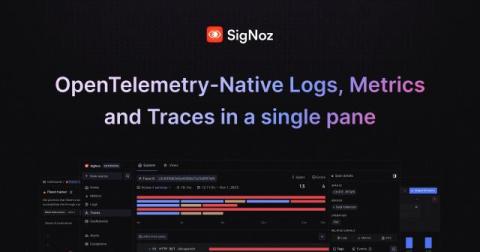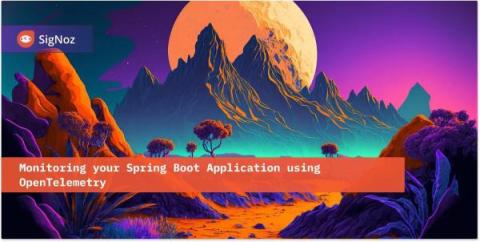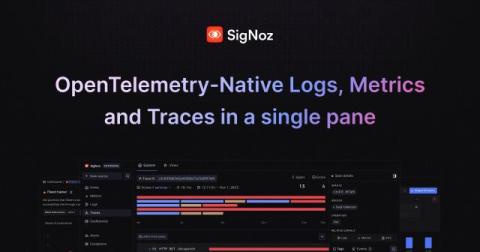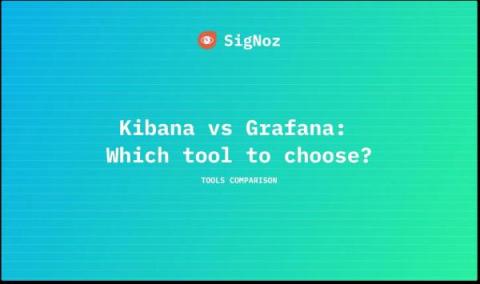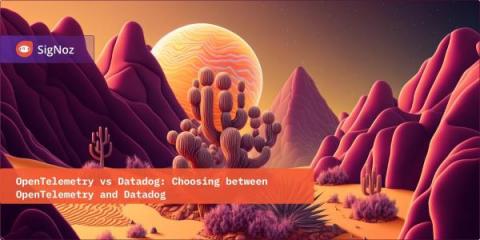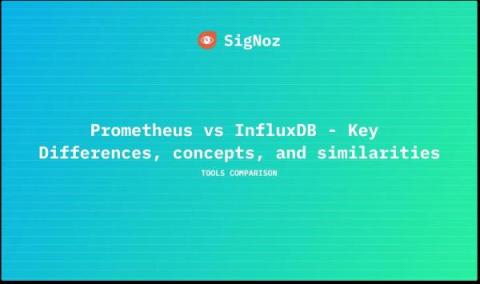Cloud Infrastructure Explained - Components and Benefits
Cloud infrastructure provides the hardware and software components that power cloud computing. It allows you to focus on your business logic instead of managing physical resources. In this article, you'll learn about cloud infrastructure, its benefits, and core components. You'll also explore delivery and deployment models that cater to different business needs, and discover how SigNoz can help you monitor and optimize your cloud infrastructure.


